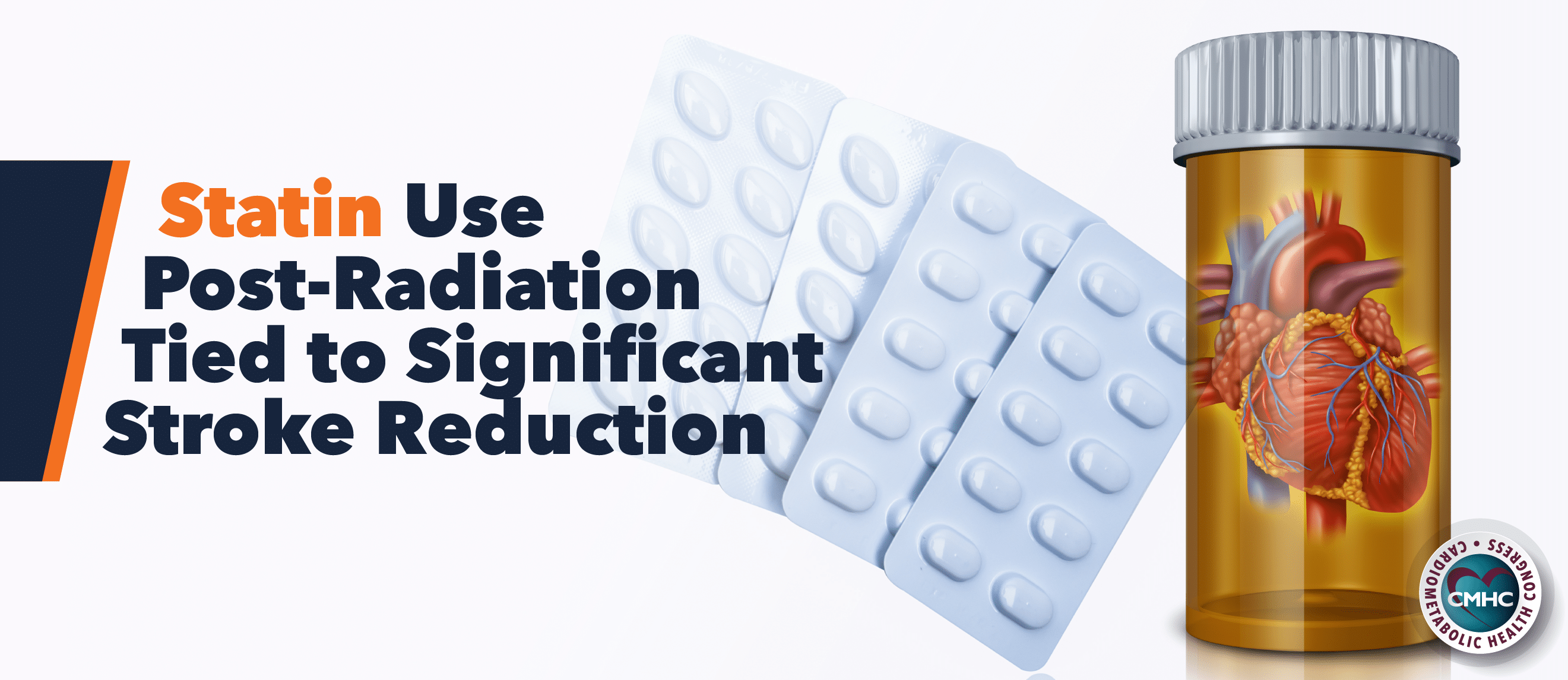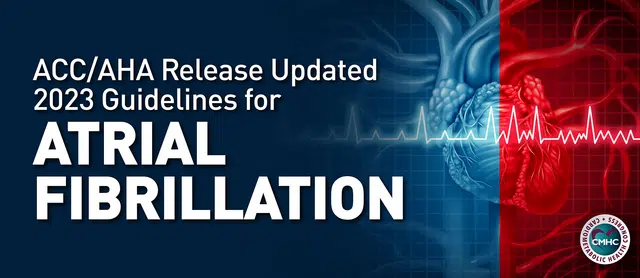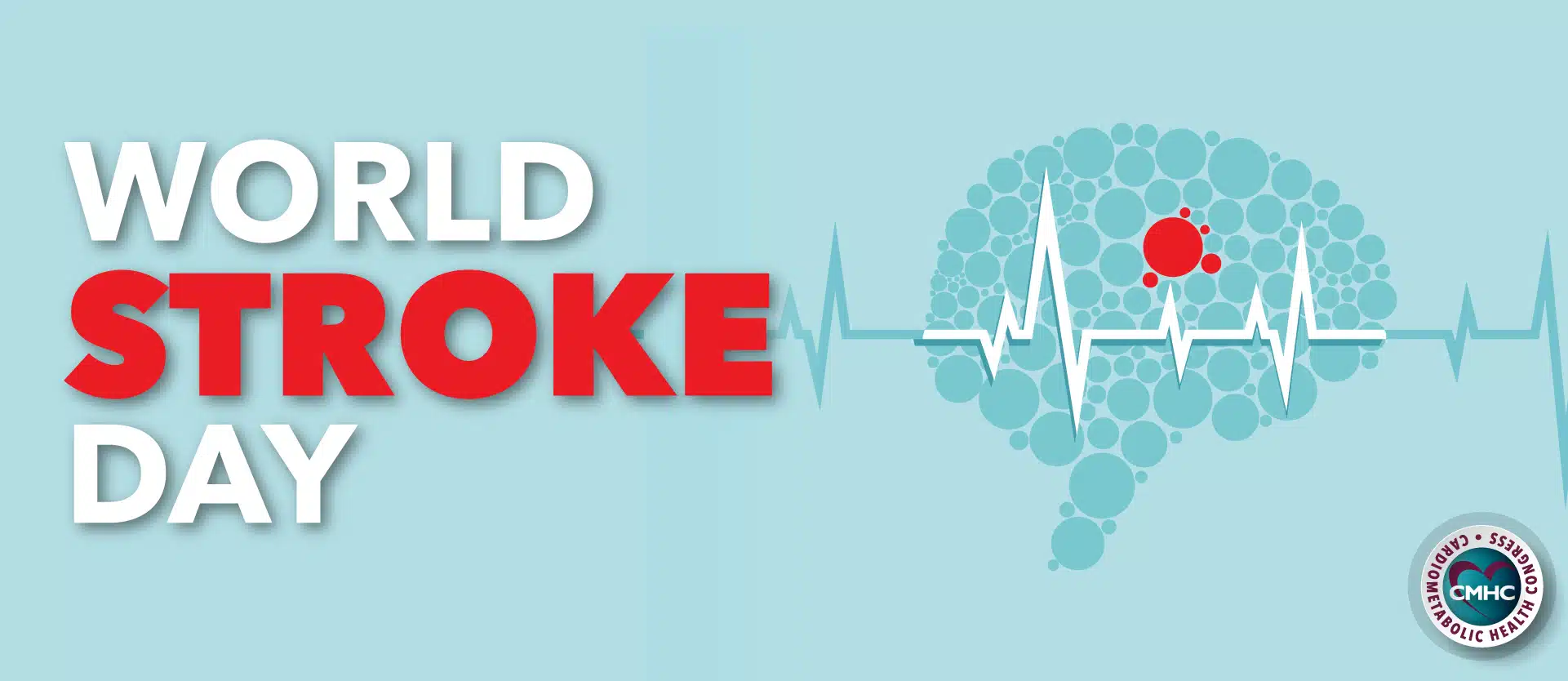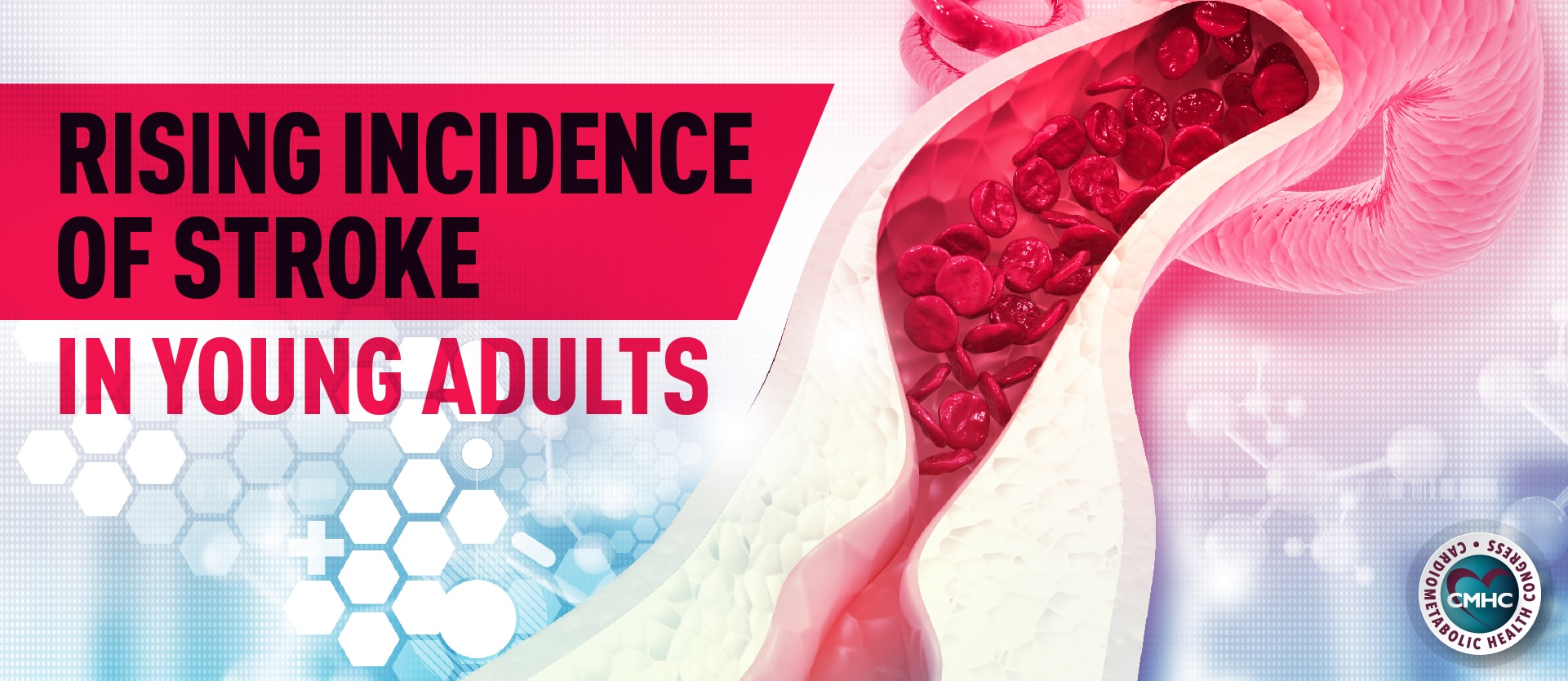Long-known as an effective treatment method for a variety of cancers, radiation therapy (RT) is performed on more than half of all cancer patients. While it effectively eradicates cancer cells and decreases tumor size, it can also cause adverse effects that include scarring or thickening of the arteries, putting patients at an increased risk for cardiovascular and cerebrovascular events. As a risk factor, radiation-induced atherosclerosis correlates to a higher likelihood of cardiovascular disease, the leading cause of morbidity and mortality in cancer survivors.
New research published in the Journal of the American Heart Association suggests the potential of the cholesterol-lowering drug family of statins to significantly reduce cardiovascular and cerebrovascular risks in patients affected by certain cancers. To date, there have been no studies exploring the effects of statin use on vascular complications in cancer patients post thorax, head, and neck radiotherapy although, the anti-inflammatory properties of statins have been shown to reduce the risk of vascular disease through the reduction of plaque formation.
Statin Use and Risk of Vascular Events After Radiotherapy
In a recent retrospective cohort study, researchers from McGill University Health Center evaluated thorax, head, and neck cancer patient outcomes post-radiotherapy to assess the impact of statin use on radiation-induced cardiovascular and cerebrovascular events. Their findings demonstrated a significant decrease of 32% in stroke associated with statin use alongside a strong trend toward the reduction of cardiovascular and cerebrovascular events.
Researchers examined nearly 6000 cardiac patients who underwent RT between 2000 and 2011 for cancer of the thorax, head, or neck. The patient cohort was selected from a total dataset of 380,000 people aged 45 and above of the Quebec population who suffered from coronary angiography, acute coronary symptoms, or who had undergone a coronary revascularization procedure between those years. Of the selected participants, 4,166 patients were statin users and 1,552 were not.
Investigating the composite of cerebrovascular (such as transient ischemic attack, and fatal or nonfatal stroke) or cardiovascular (fatal or nonfatal myocardial infarction) events – the primary outcome of interest – study authors found a nonsignificant 15% risk reduction associated with statin use post-radiotherapy. However, the data indicated a strong trend toward overall reduction of the primary outcome. When examining the occurrence of stroke alone, researchers discovered a significant reduction in stroke events of 32% directly correlated with statin use, revealing the potential benefits of the medication on vascular outcomes.
Acknowledging limitations, which include a pre-determined database with missing variables as well as the inability to consider all confounding factors, the study’s authors conclude that the new data offers promising insight into the potential benefits of lipid-lowering medication post-radiotherapy.
As there are no previous studies exploring the impact of statins on vascular complications in cancer patients post thorax, head, or neck radiation therapy, these new findings may pave the way for improved health care for cancer patients. The study, being the most extensive investigation of its kind to date, emphasizes the need for additional randomized controlled trials to definitively identify the benefits of statin use in an at-risk population and to define guidelines for the management of radiation-induced vascular disease.


















